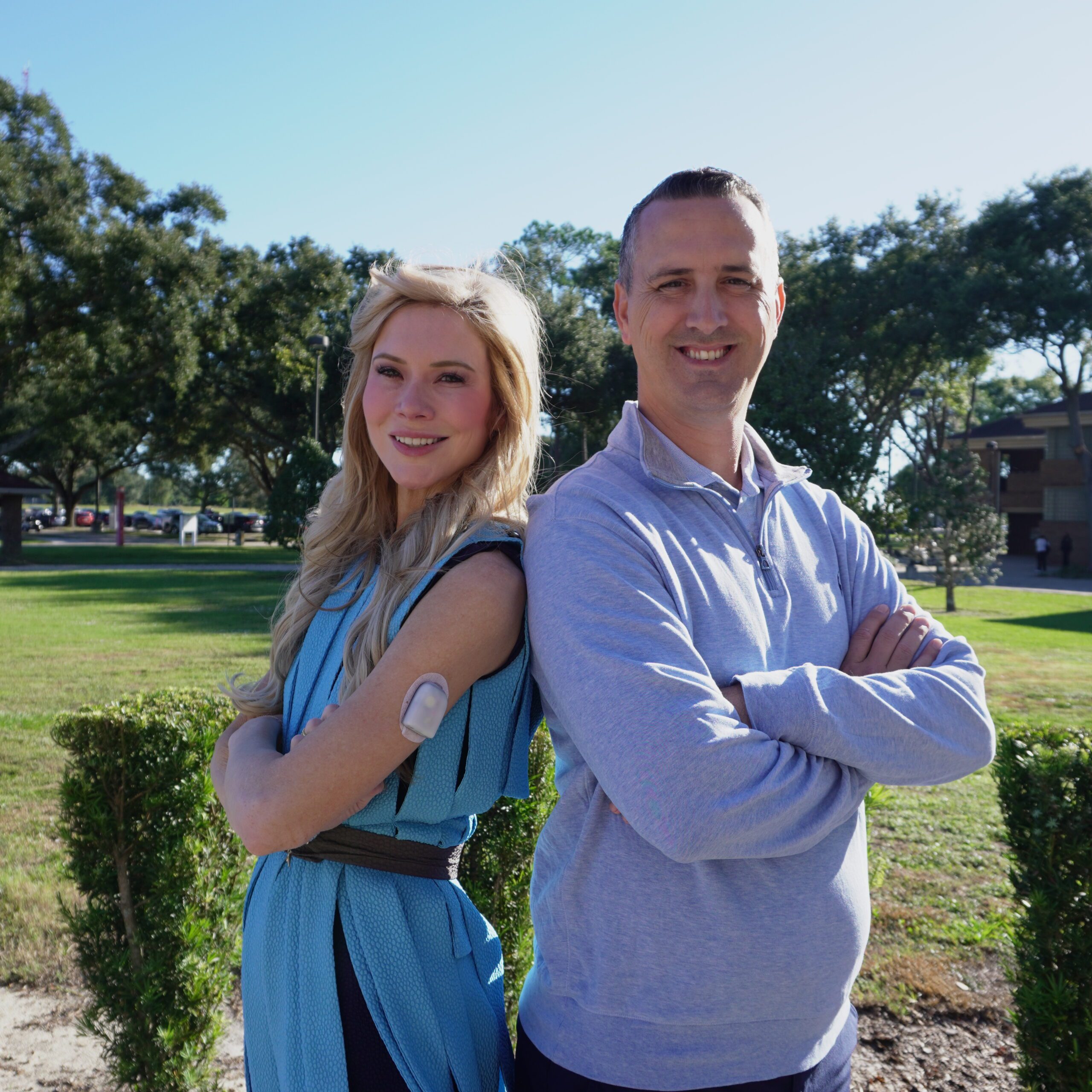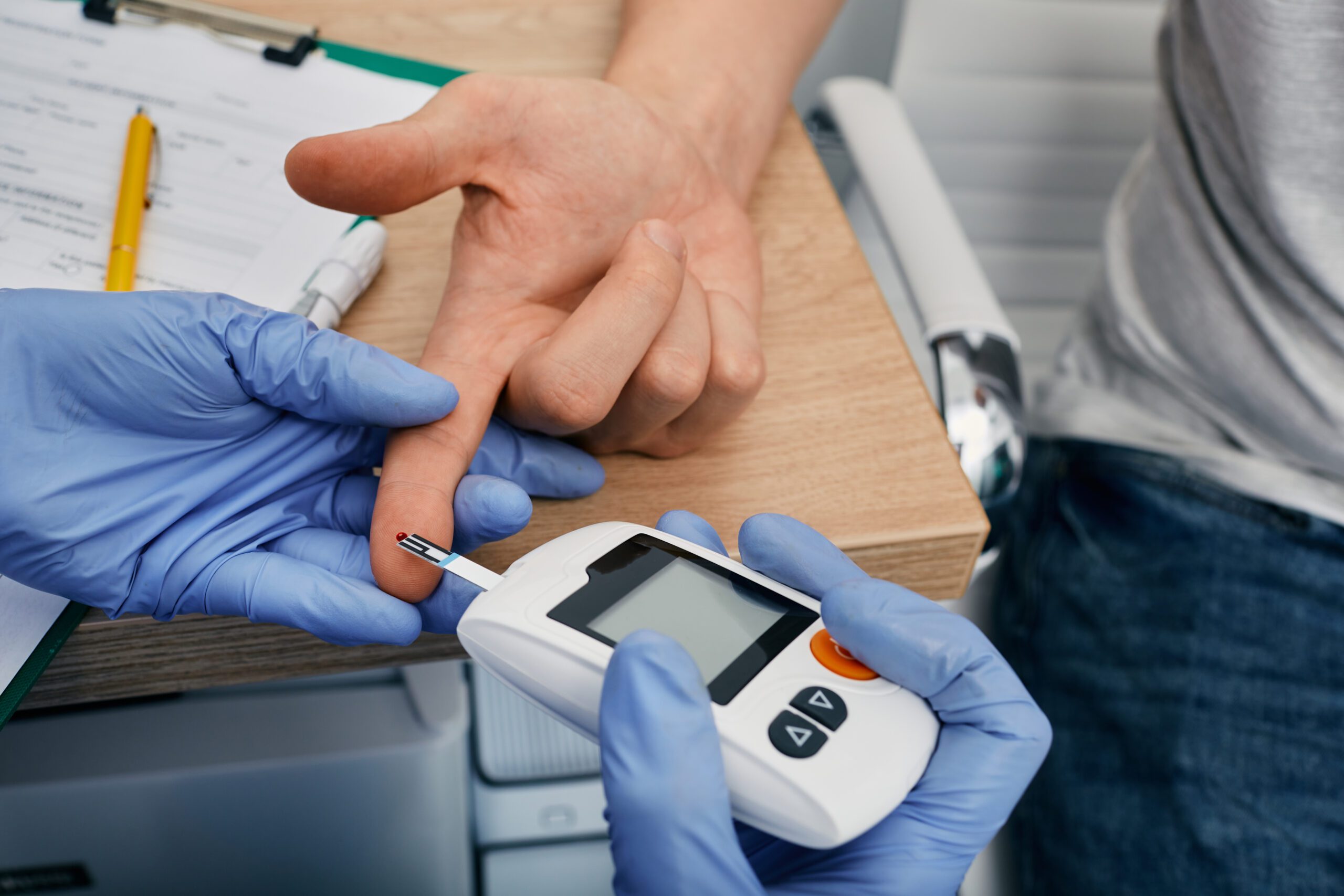
Health News
Features
-
Pop Quiz! Save Your Sole
Don’t Let Diabetes Jeopardize Your Foot Health There are many health and wellness concerns for those with diabetes, foot health is one of those that is especially important. That’s because diabetes can cause nerve damage that decreases the chance of feeling pain, heat, and cold. If a person can’t feel their feet, injuries or even…
-
T1D Team
Meet the Pair Leading the Charge for Type 1 Diabetes Awareness & Support in Polk County by RYAN MILEJCZAK photos by TYLER DIGIOVINE Diabetes is a disease you’re likely already familiar with to some degree. It’s a chronic condition that affects how the body turns food into energy. Type 2 diabetes — the most common…
-
Addition of Endocrinologist Takes Patient Care to the Next Level
by TERESA SCHIFFER Sponsored by Central Florida Health Care Central Florida Health Care is happy to welcome the newest member of the team, board certified endocrinologist Dr. Jessica Castellanos-Diaz-Diaz. As an endocrinologist, Castellanos-Diaz will be doing a lot of work with patients who are affected by diabetes or thyroid conditions. Castellanos-Diaz is excited to step…
Columns
-
Understanding Cataract Surgery
Cataracts are the most treatable form of blindness worldwide. Millions of cataract surgeries are performed each year, restoring patients to functional visual status. Cataract surgery was once the most common surgical procedure performed in the United States until about 6-11 years ago when intraocular anti-VEGF injections were developed to treat macular degeneration. This has…
-
Treatments That Help Lower Cholesterol
Last month I discussed the role of lipids in atherosclerosis. This month, I’ll talk about treatment. For patients at high risk or those who have had a cardiovascular event (prior heart attack, stroke, stent, bypass, etc.), pharmacological treatment may be needed. Cholesterol production and accumulation in the body involves three processes. First, intake from food…
-
The Role of Lipids in Atherosclerosis
Last time we spoke of the various factors that play a part in plaque buildup and rupture causing a heart attack/stroke. We discussed the role of inflammation. This time, we will discuss the role of lipids. We know these are important and these numbers can be impacted by various treatments. So the question to be…




